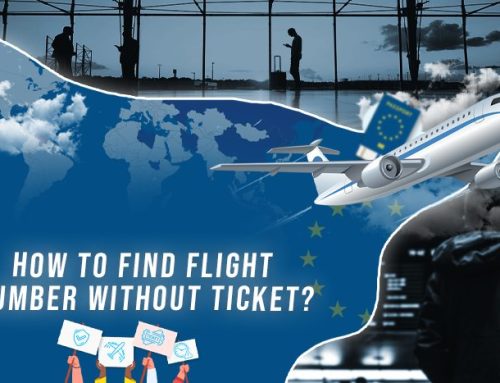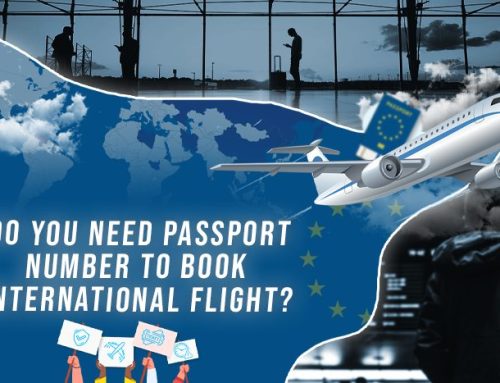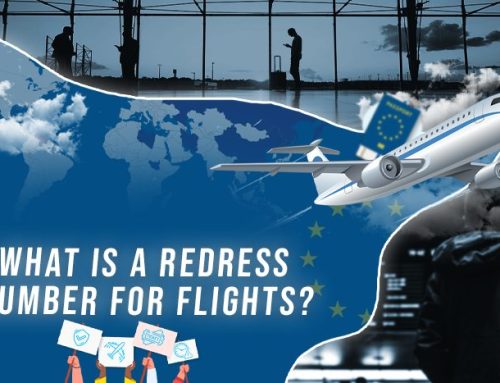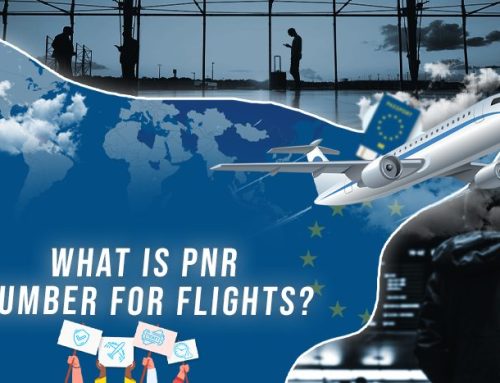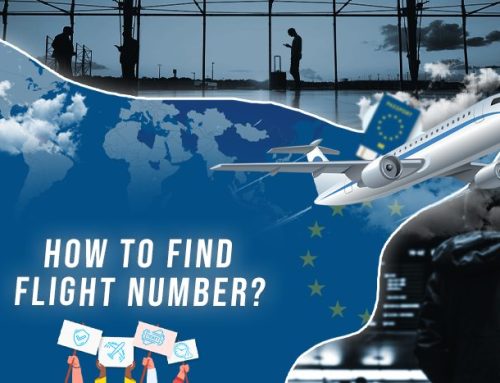Unions are in place to protect workers’ rights, making sure that they have representation at the table during important negotiations. Unfortunately, sometimes these discussions are at a stalemate, causing strikes. This effectively stops work until an agreement is made. There are different types of strikes that occur in the airline industry, including wildcat strikes.
In this article, we’ll discuss what’s a wildcat strike and what it can mean for you when you’re traveling since it will likely cause flight delays or cancellations. You have rights if this occurs, so let’s get started so you know what to expect.
Key Takeaways
- Wildcat strikes are spontaneous work stoppages initiated by employees without prior notice or union approval. They occur when negotiations have reached a standstill, and employees take direct action to exert pressure on their employer.
- Wildcat strikes in the airline industry can lead to flight delays and cancellations, causing significant disruptions to travelers’ plans. Passengers should expect immediate communication from the airline in case of such disruptions and may need to seek alternative travel arrangements during the strike.
- Travelers have rights during strikes, and airlines are obligated to provide reasonable assistance, including rescheduling or refunding affected flights. Under EC 261, passengers can claim compensation for canceled or significantly delayed flights, but strikes are often considered extraordinary circumstances exempting airlines from compensation obligations.
- While strikes may be deemed extraordinary circumstances, passengers should still file compensation claims with the airline, providing all relevant documentation. Consulting a flight compensation specialist can also help determine if there is a case for compensation.
- Wildcat strikes are relatively uncommon and go against the principles of formal union negotiations. Understanding the role of unions in protecting workers’ rights can shed light on the motivations behind such strikes and the importance of maintaining fair labor practices in the aviation industry.
What’s a Wildcat Strike?
A wildcat strike is when employees stop working without notice. Typically, unions need to vote to strike, and it is done as a last resort if negotiations are not moving quickly enough or have stalled completely. However, during a wildcat strike, employees simply stop working.
They don’t tell their employer or their union. They take back the power and stop working, effectively shuttering operations at the airline or airport, depending on who is striking. This is often done because of a lack of progress. Perhaps the employees feel like they’re not being heard. Whatever the reasoning, they no longer wish to work while they figure out their dispute.
Wildcat strikes are not common, as they violate the whole reason for having a union. In some places, they are even illegal, so you may not face one while traveling. However, if you do, you may have rights as it may be considered an avoidable issue if the airline did not take all reasonable measures to make a deal. In addition to a rescheduled flight or refund, you could be eligible for additional compensation of up to $700 (€600). More on that below.
Who Can Strike?
Anyone who is a member of a union can strike, and there are several different options in the aviation industry. This can include:
- Pilots (Airline Pilots Association)
- Flight Attendants (Association of Flight Attendants)
- Air Traffic Controllers (National Association of Air Traffic Controllers)
- Transport Workers (Transport Workers Union)
The names of these unions may vary from country to country; however, they all have the power to strike and halt airline operations until they are settled. If the strike extends, they may have a picket line. The airline could potentially ask outside staff members to cross the picket line and continue operations, but this is frowned upon by most.
Crossing a picket line is a personal choice, but it is one that can have consequences. The purpose of a strike is often a good one. The delay of operations is intended to help force the company’s hand, which is why strikes and wildcat strikes are not taken lighten.
What Happens to Travelers During Strikes?
If there is a strike that impacts your travel, you should receive immediate communication from your airline. If your flight is delayed or canceled, you can work with them directly to get on the next available flight. Keep in mind that some flights may be canceled until the strike is over, so you may need to seek alternative arrangements.
Once the strike is settled, you should work directly with the airlines to settle your issue. If you no longer need to travel, you should be able to get a full refund or travel voucher since it was not your fault that you missed your flight. If you would still like to travel, you can rebook the next available flight.
There will be many passengers trying to get on the planes, so they make be jam-packed in the short term, so make sure that you are patient and kind to the airport customer service. They are likely dealing with many disgruntled guests, so kindness could land you better accommodations on the house.
Can I Claim Compensation for a Wildcat Strike?

EC 261 is a powerful regulation that lets passengers claim compensation if their flight is canceled or delayed, and the airline is responsible. Depending on the length of your flight, the distance, and your flight issue, you could receive up to $700 (€600) in additional compensation.
Unfortunately, there is a clause under EC261 that protects the airline in the case of extraordinary circumstances. This includes:
- Strikes
- Political unrest
- Security risks
- Unexpected flight issues
If the airline could not anticipate the issue, they are not required to pay out under EC 261. Howe er, that doesn’t mean that you shouldn’t still try to claim compensation.
Contact their customer service team to see if they will provide you with compensation for your troubles. You can also gather all your communication, including your original booking, communications about the flight issue, and more, and submit a claim.
The airline will review it and see if you are eligible. Some may provide you with something as a gesture of good faith, but it’s up to the airline’s discretion. If they don’t and the airline was at fault for the strike, you can always appeal the decision.
Consult with a flight compensation specialist to see if you have a case. They work on your behalf to get the compensation you deserve, taking a fee off your winnings only if the claim is successful.
EC 261 is in place to protect passenger rights and hold airlines accountable, so you have options. Don’t just accept the decision if you believe you are entitled to compensation.
Conclusion
Wildcat strikes are not common, but occasionally aviation workers will strike without notice. When this happens, you should work with their airline on your travel plans as you can once the strike is resolved. Afterward, you can file a claim with them for compensation under EC 261.
Depending on the reason for the strike, you may be entitled to additional compensation of up to $700 (€600). It is important to note that a wildcat strike may qualify as extraordinary circumstances, so you may not qualify for compensation under this law; however, it’s worth trying to see if the airline will offer anything as a good-faith gesture.
At the end of the day, wildcat strikes may have been avoidable, so file a claim and see if you are entitled to remuneration.
Frequently Asked Questions
-
Are wildcat strikes common in the airline industry?
Wildcat strikes are not common in the airline industry due to their unofficial and spontaneous nature. They violate the typical process of union-authorized strikes, making them rare occurrences.
-
What should I do if my flight is affected by a wildcat strike?
If your flight is impacted by a wildcat strike, the airline should communicate with you promptly. Work directly with the airline to find alternative travel arrangements or seek a refund if necessary. Be patient and understanding, as airport customer service may be dealing with numerous affected passengers.
-
Can I claim compensation for a flight disruption caused by a wildcat strike?
While strikes, including wildcat strikes, are usually considered extraordinary circumstances under EC 261, passengers can still file compensation claims with the airline. Gather all relevant communication and documentation to support your claim. Consulting a flight compensation specialist can help determine if you have a case.
-
How do wildcat strikes differ from traditional strikes?
Wildcat strikes differ from traditional strikes in that they are not formally authorized by the union and occur without prior notice. They are often a result of frustrated employees taking independent action to address perceived grievances.
-
What rights do airline employees have during a wildcat strike?
Airline employees participating in a wildcat strike may risk facing disciplinary action from their employer or union due to the unauthorized nature of the strike. Employers may also attempt to bring in non-union staff to continue operations, leading to potential controversy and consequences for those crossing the picket line.



